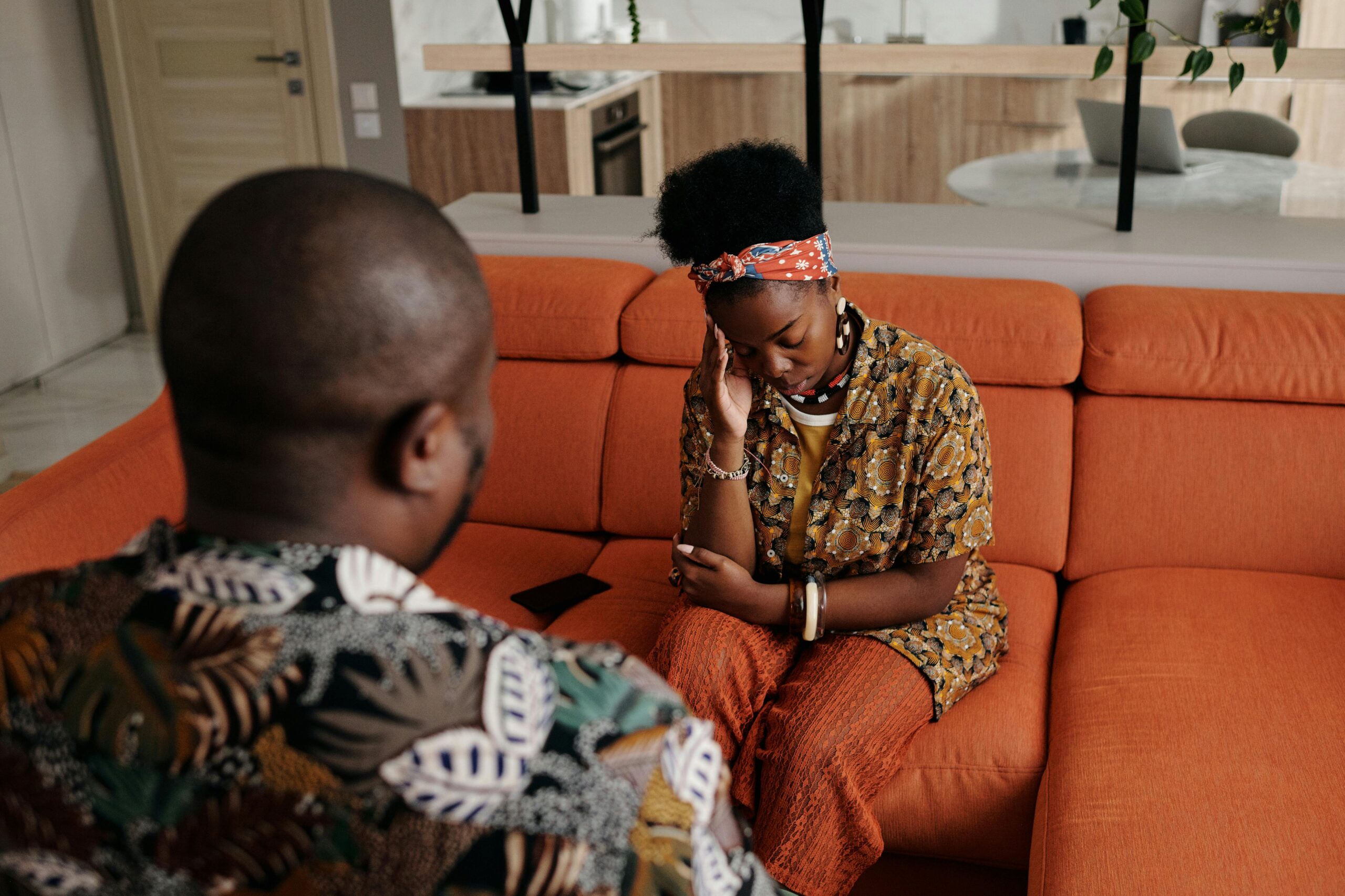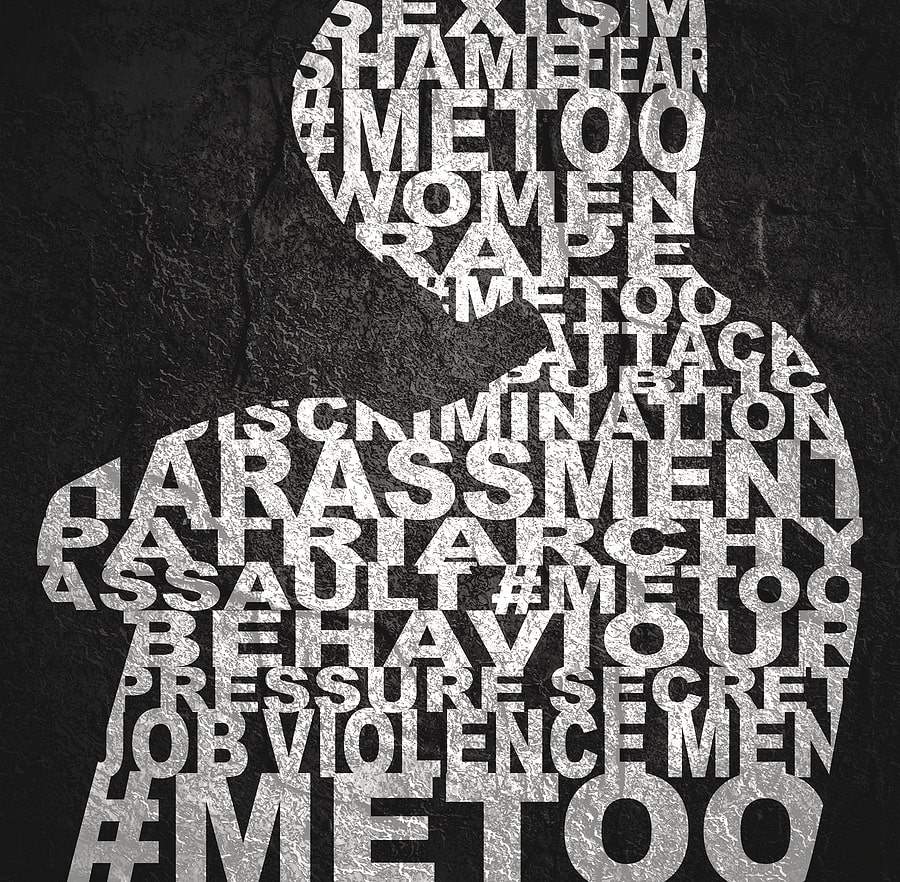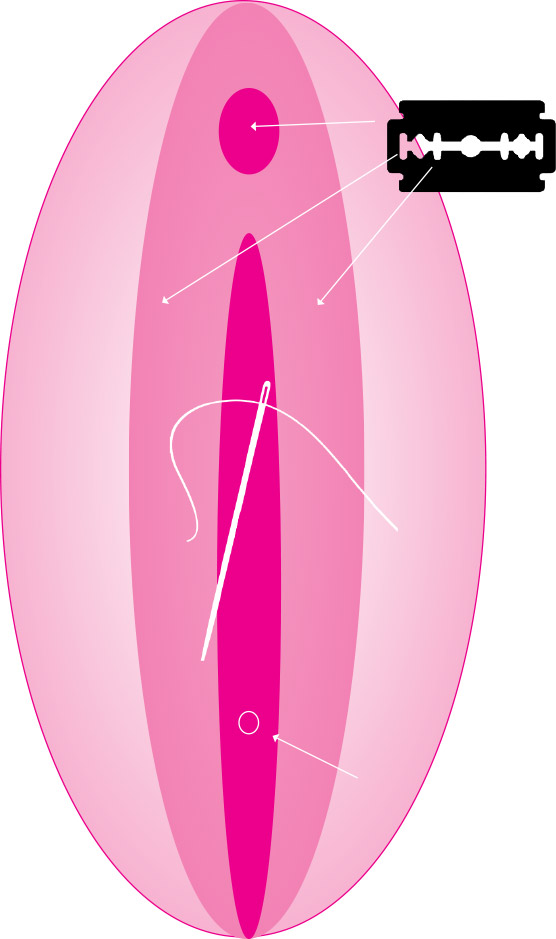In today’s world, where pop-psychology often dominates relationship conversations, the concept of “love languages” has become both a savior and a silent saboteur. While it was originally designed to help partners understand each other better, many couples now find themselves imprisoned by it, frustrated, misunderstood, and even considering separation because their partner “won’t speak their love language.”
After nearly two decades of working intimately with couples across various cultures and social classes, I have seen firsthand how love languages, though well-intentioned, can become a source of deep emotional conflict. Let me be clear: love languages are not innate; they are learned behaviors. Expecting someone to automatically speak your language of love without understanding their psychological makeup, upbringing, and emotional readiness is like expecting a non-swimmer to save a drowning person.
Let’s explore the deeper reasons why some partners struggle with expressing love in ways their significant other desires and why compassion, not criticism, is the healthier path forward.
1. Upbringing and Social Conditioning
Our earliest experiences with love and affection come from the environments we were raised in. A person who grew up in a household where physical touch was taboo or gifts were rarely exchanged might find it uncomfortable, even foreign, to express love through those means. Their emotional vocabulary was shaped in a specific context, often with limitations. Trying to speak a love language they were never taught is like asking them to write poetry in a language they don’t understand. It requires unlearning, relearning, and a safe space to evolve emotionally.
2. Poor Self-Awareness
Many individuals have not developed a strong sense of self. Without self-awareness, it’s difficult to recognize your own emotional needs, let alone understand and respond to your partner’s. A person who is disconnected from their own feelings may interpret a partner’s desire for affection or affirmation as “too much” or “unnecessary.” In such cases, the issue isn’t unwillingness, it’s a lack of emotional insight and internal clarity.
3. Being Forced Into It
Love cannot be commanded. When a partner feels coerced into learning a love language, it ceases to be an act of love and becomes a chore. This dynamic often breeds resistance, resentment, and rebellion. The individual might feel they are performing rather than genuinely connecting, which undermines the very foundation of intimacy.
4. Response to Trauma
Unresolved trauma, whether from childhood neglect, emotional abuse, or past relationships, can create emotional blockages. A person with abandonment issues might recoil from acts of service or closeness, fearing dependency. Another may struggle with receiving gifts or praise because they were raised to believe love must be earned through suffering. Trauma changes how we receive and give love, often in silent but profound ways.
5. Frustration from Failed Attempts
Some partners do try but when their efforts aren’t recognized or reciprocated, discouragement sets in. Over time, repeated failure to “get it right” can make them withdraw completely. The human psyche naturally avoids tasks that make us feel inadequate or judged. If every attempt at love is met with criticism, it becomes easier to stop trying than to keep failing.
6. Lack of Appreciation for Little Efforts
Growth is a process, not an event. Many partners may not yet speak their loved one’s preferred language fluently, but they are trying. Sadly, because their efforts don’t yet meet the expected standard, they are overlooked. This creates a dangerous feedback loop where one partner feels unseen and the other feels unappreciated. When small steps are affirmed, they often lead to greater strides.
7. Lack of Commitment and Dedication
Learning a love language, just like learning a new skill,l requires patience, repetition, and intentionality. A partner who is not committed to the growth of the relationship may find it inconvenient to learn or express love in a way that doesn’t come naturally. The deeper issue here isn’t love language—it’s emotional laziness or detachment from the relationship.
8. Not Speaking to a Therapist
Many couples wait until their relationship is deeply fractured before seeking professional help. A trained therapist helps uncover the emotional blocks, past wounds, and psychological patterns that hinder love. Without this guidance, couples often keep blaming each other for what is really an unaddressed inner wound or misunderstanding. Therapy brings clarity, structure, and healing to the emotional chaos.
9. Poor Understanding of Healthy Love
Some people genuinely believe they are loving their partner, even when their actions are rooted in control, insecurity, or ego. Their definition of love may be flawed, based on what they saw growing up or what they experienced in toxic past relationships. Healthy love is nurturing, respectful, and growth-centered. If someone has never seen love modeled in a healthy way, they might be offering affection that feels more harmful than helpful.
10. Dysfunctional Attachment Styles
Attachment theory tells us that the way we connect with others is shaped by our early relational experiences. An avoidantly attached partner may resist closeness, while an anxiously attached one may demand constant reassurance. These dynamics often clash in relationships, making it harder to speak love languages that require emotional attunement. Until attachment wounds are healed, love will often feel like a battlefield rather than a bond.
Conclusion: Love Languages Are a Tool, Not a Test
While love languages can be a helpful framework, they must not become rigid rules or weapons in a relationship. We must begin to recognize that not all love is expressed the same way, and not all hearts were trained to speak fluently from the start. Instead of insisting, “Speak my language,” a more healing question might be, “What shaped your own language of love, and how can I meet you there?”
If couples want to thrive, they must replace pressure with patience, entitlement with empathy, and demand with discovery. Because real love isn’t about forcing fluency, it’s about fostering connection.
If you or your partner are struggling to connect emotionally or feel stuck in patterns of frustration, working with a trained relationship therapist can provide the tools and insights you need to build a love that’s not only heard but also deeply felt. Schedule an appointment HERE, my book When Love Languages Hurt, Healing the Gap Between Expectation and Emotional Reality, is available for order HERE
Let love grow, not by force, but by understanding!




















